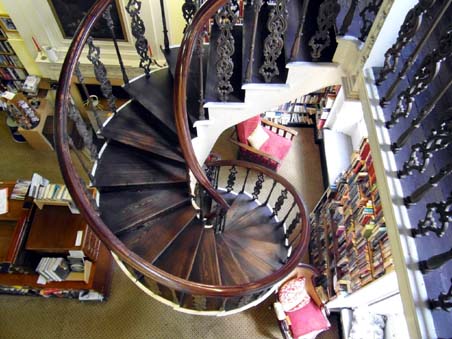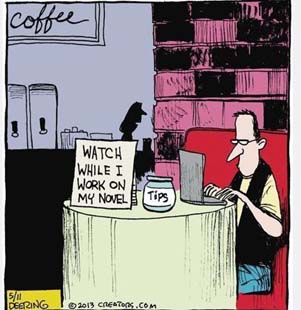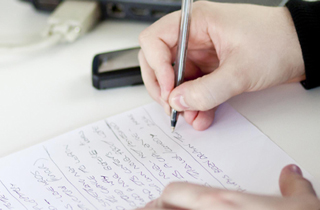One thing I’ve been keen to do since setting up the blog is to write a series of posts about the writing process generally. This stems from the fact that whenever I tell people I’m a writer, I generally get asked the same questions, so I figured that people must be interested in this stuff, right?
I’ll address a bunch of these questions in future blogs – even the tricky ones like ‘Where do you get your ideas?’. But first up, a simple one: ‘What do you do in an average day?’
This is an interesting question, because it’s often laden with meaning. It’s people wondering whether or not writing is a proper job (I often joke that it’s not, but it really is), and how someone can be motivated to stare at a screen for eight hours a day. The answer to the question varies from writer to writer, too.
I try as best as I can to keep to office hours. That’s not always possible in a purely creative process, because really you have to write, research and plan when the mood takes you. Chaining yourself to a desk 9-5 can be counter-productive in that respect. However, I try my best to do this, simply because I’m a married man with a wife who really does have a ‘proper job’, and so it’s only fair that I’m available for family time at the end of a working day.

Bromley House Subscription Library, Nottingham. A safe haven for a lost Victorian writer.
To that end, I’m at my computer at 9:00 a.m. on the dot every day, and down tools some time around 6:00 p.m. The first few hours of every day are almost always spent answering correspondence, doing the social media rounds (which is actually a real thing these days), and getting all planning and paperwork out of the way. The rest of the day is the real job of work, punctuated with frequent coffees. A couple of days a month I work at the library (I pay a subscription to a wonderful olde worlde library for just this purpose), and at least once a week I work at a coffee lounge, just so I can see some real human faces. I have a fully equipped office at home, complete with whiteboard, wall calendar and many bookshelves, because only by having everything to hand can I guarantee that I won’t wander off and get distracted.
I do two types of writing – there’s the creative fiction (novels, novellas and short stories), and there’s also commission work (copywriting, games design, and, to a lesser degree, editing and proofreading). The former does not respect office hours. The latter absolutely does. When I’m not doing something else with my brain, I’m thinking about books. I have approximately seven series and novel pitches on the go right now, in no concrete state, along with four ‘going concerns’ (projects that are started or almost done, and in the hands of an agent or editor). On top of that there are always side projects – those pesky things that I’ll do one day if I ever have free time. That basically means that my head is always buzzing with something.
That brings me around to the related question of motivation. The creative process is what drives me. Like many writers, I think the start and end of projects are really exciting, while the middle bits – the actual job of work – can become more of a grind. The motivation comes from the almost pathological need to create ‘new stuff’, and the knowledge that I won’t be able to do that until I finish the current project and earn some cash. The crux of it is that writing is a proper job, because it pays the bills. Much as I’d love to sit in my pants all day reading internet clickbait, or playing Skyrim, I’d very quickly discover that the mortgage lenders don’t take kindly to those sort of shenanigans.

Yes, it is hard to get motivated when you’re left to your own devices, and I’m really not the most organized and process-driven chap in the world; but I’d ask the question: how does anyone get motivated to work? It helps that I love what I do, of course – that someone is willing to pay me for it never ceases to amaze me.
The old cliché of ‘Do a job you love and never work a day in your life’ is almost true of the writing life. Almost.






Leave A Comment